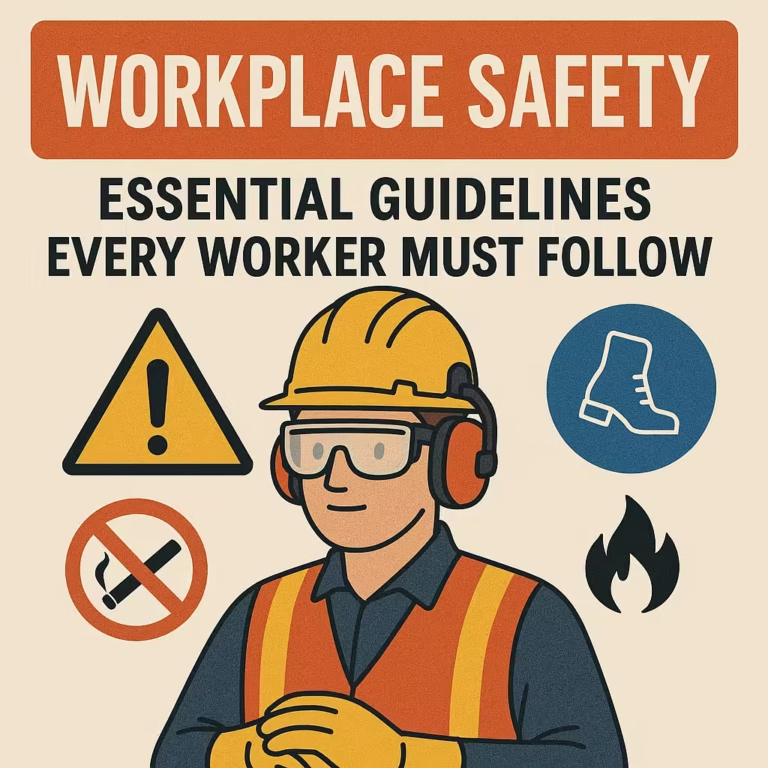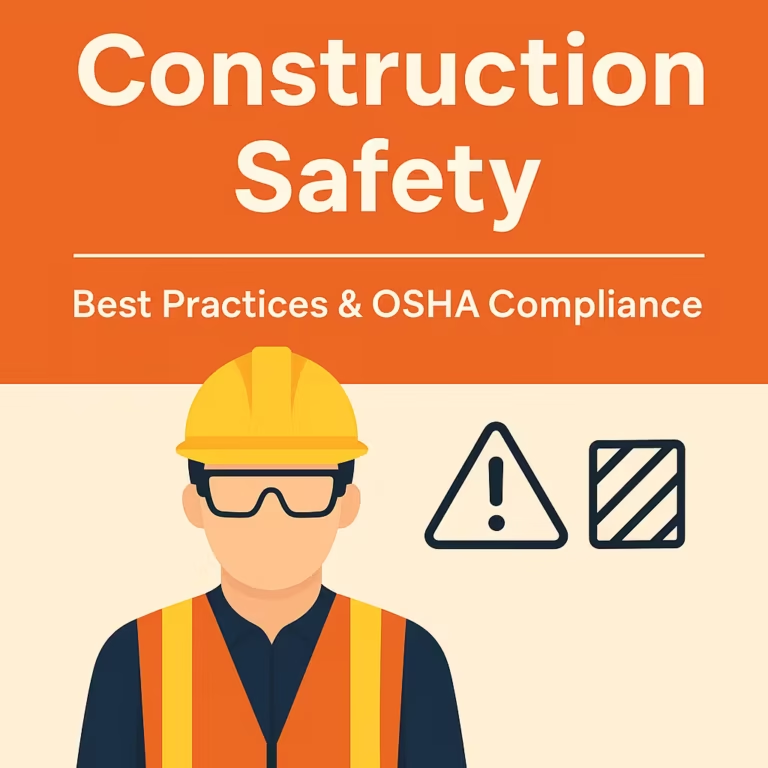Step-by-Step Guide to Running a Successful Construction Project
Managing a construction project from start to finish can feel overwhelming, but with proper planning, organization, and communication, you can lead a successful project. Whether you’re a first-time builder or an experienced contractor, following these steps will help you navigate the process with ease.
In this step-by-step guide, we will break down the key phases of running a construction project, providing actionable tips and strategies for each phase. By the end of this guide, you’ll have a clear understanding of how to deliver a construction project on time, within budget, and to the highest standards.
Define Your Project Goals and Scope
Understand What You’re Building
The first step in any successful construction project is defining the project’s scope. What are you building? A residential home, a commercial space, or a large infrastructure project? Understanding the project’s purpose and vision will set the tone for every other decision. Work with the client, architects, and stakeholders to clarify what is expected and agree on the goals.
Establish a Budget and Timeline
Before starting any construction, determine a realistic budget and set a timeline. Include allowances for unexpected costs and project delays, which are common in construction. Having a detailed budget will ensure that you can manage the finances effectively throughout the project.
Key Takeaways:
- Clearly define the project’s goals.
- Set a realistic budget and timeline.
- Agree on a project scope with all stakeholders.
Assemble Your Project Team
Hire the Right Professionals
A construction project requires a team of professionals, including architects, engineers, project managers, contractors, and laborers. Select team members with the necessary skills and experience to execute the project successfully. A strong project manager is essential for coordinating and overseeing every aspect of the job.
Foster Communication and Collaboration
Open communication is key to a successful construction project. Foster a collaborative environment by ensuring that team members are aligned with project goals and deadlines. Regular meetings and updates will keep everyone on track.
Key Takeaways:
- Hire experienced professionals for each role.
- Encourage collaboration and communication.
- Appoint a project manager to lead the team.
Secure Permits and Approvals
Navigate the Legal Requirements
Before construction begins, make sure to secure all necessary permits and approvals from local authorities. This may include zoning permits, building permits, and environmental assessments. Failing to obtain the proper documentation can lead to project delays and legal issues down the line.
Understand Local Building Codes
Familiarize yourself with local building codes and regulations to avoid costly mistakes. Compliance with these codes ensures that the project meets safety standards and can be legally occupied once finished.
Key Takeaways:
- Secure all required permits and approvals.
- Research local building codes and regulations.
- Avoid delays by addressing legal requirements early.
Plan the Construction Process
Develop a Detailed Construction Plan
A solid construction plan includes a detailed work schedule, outlining each task, its start and end date, and the resources required. Break down the project into manageable phases and tasks, making it easier to track progress and stay on schedule.
Identify Potential Risks and Mitigation Strategies
Every project comes with its risks, whether it’s weather delays, material shortages, or contractor issues. Assess potential risks and create contingency plans to handle these obstacles without derailing the entire project. A proactive approach will help you stay prepared for unexpected issues.
Key Takeaways:
- Develop a clear construction plan and schedule.
- Break the project into manageable phases.
- Identify risks and prepare mitigation strategies.
Procure Materials and Equipment
Source Quality Materials
One of the most critical factors in ensuring the success of a construction project is sourcing quality materials. Work with trusted suppliers who provide durable, reliable products. Ensure that you’re sourcing materials within budget but never compromise on quality.
Plan Equipment Rentals
Depending on the scope of your project, you may need specialized equipment like cranes, excavators, or mixers. Plan ahead and arrange for equipment rental well in advance to avoid delays or shortages.
Key Takeaways:
- Source materials from reputable suppliers.
- Don’t compromise on quality.
- Plan equipment rentals ahead of time.
Begin Construction and Monitor Progress
Execute the Plan
Once you have everything in place, it’s time to break ground. Follow the construction plan closely and ensure that each task is completed on schedule. Monitor progress to ensure that work is being done efficiently and safely.
Regular Inspections and Quality Control
Regular inspections throughout the construction process will help you catch potential issues early. Implement quality control measures to ensure that each part of the project is completed to the highest standard. This can save you from costly repairs or rework later on.
Key Takeaways:
- Follow the construction plan closely.
- Conduct regular inspections to maintain quality.
- Keep the project on schedule and within budget.
Manage the Budget and Costs
Track Your Expenses
It’s easy for costs to spiral out of control in construction, but careful tracking can prevent this. Monitor your expenses regularly and adjust your budget where necessary. If any unforeseen costs arise, ensure that you update the project budget immediately.
Avoid Cost Overruns
Be proactive in managing any potential changes to the project that might result in cost overruns. If you need to modify the scope or add new elements, ensure that the cost is agreed upon before proceeding.
Key Takeaways:
- Regularly track expenses and adjust the budget.
- Prevent cost overruns by planning for changes.
- Update stakeholders on financial progress.
Close the Project and Conduct Final Inspections
Final Walkthrough and Inspection
Once construction is complete, conduct a final walkthrough with the client and key team members. This allows you to address any issues before handing over the project. Be thorough during the final inspection to ensure everything is up to code and aligns with the original plans.
Handover and Documentation
Once all inspections are complete and everything is in order, officially hand over the project to the client. Ensure all relevant documentation, such as permits, warranties, and manuals, are provided to the client for future reference.
Key Takeaways:
- Conduct a thorough final walkthrough and inspection.
- Provide all necessary documentation to the client.
- Ensure the project is ready for handover.
Evaluate and Learn from the Project
Post-Project Review
After the project is completed, take the time to evaluate the overall process. What worked well? What could have been improved? Gather feedback from your team and clients to improve future projects. A post-project review will help you refine your methods and avoid common pitfalls.
Key Takeaways:
- Evaluate the project’s success and areas for improvement.
- Collect feedback to learn from each project.
- Use lessons learned to enhance future projects.
Conclusion
Running a successful construction project requires careful planning, solid communication, and diligent oversight from start to finish. By following these steps, you’ll be able to navigate each phase with confidence and ensure a project that meets both the client’s expectations and legal requirements.
Remember, the key to success lies in a well-organized plan, a strong team, and an unwavering commitment to quality. With the right approach, your construction projects will be successful, on time, and within budget!






